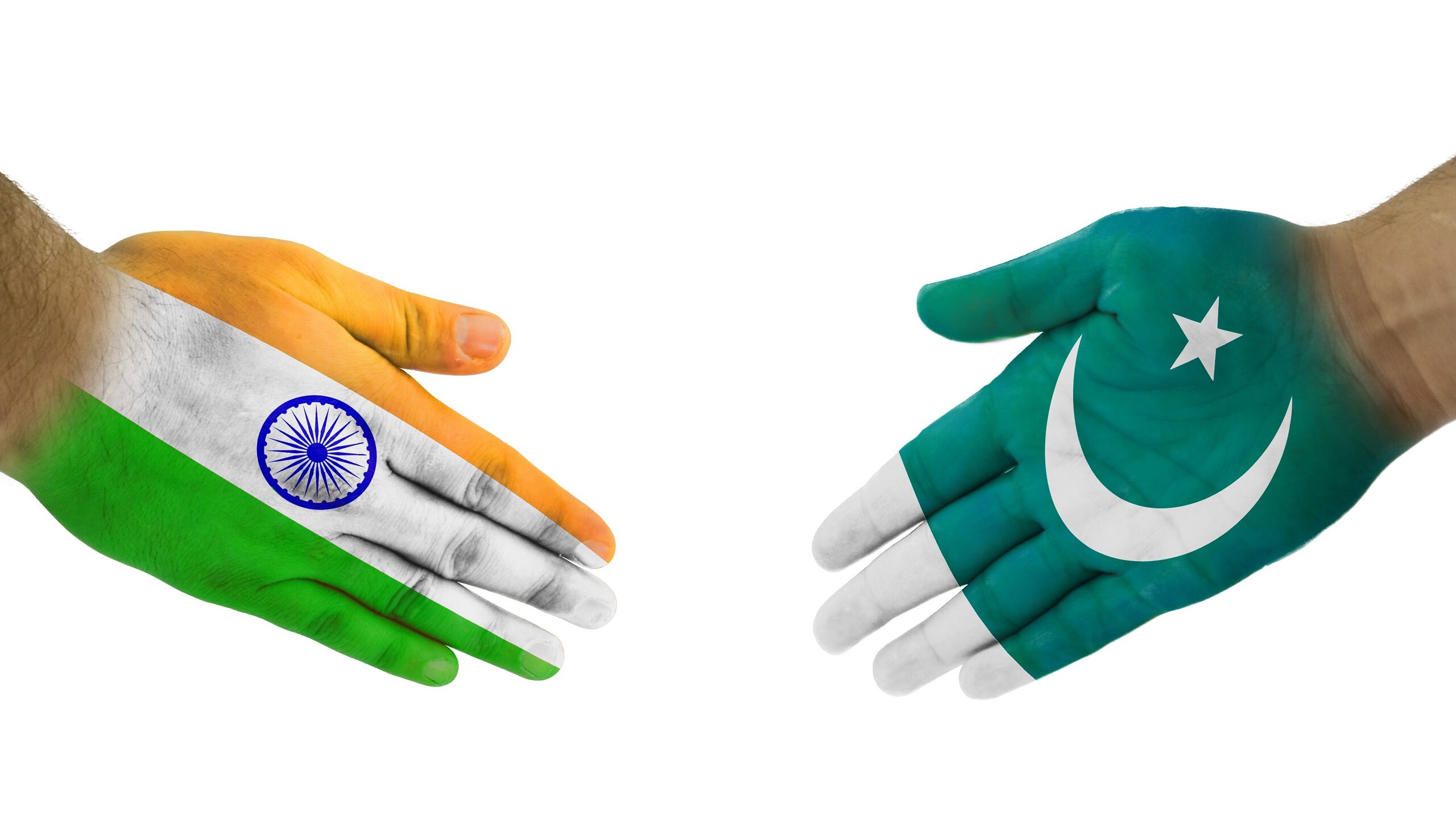Tense Calm on India-Pakistan Border After Overnight Clashes Test Fragile Ceasefire
A shaky ceasefire between India and Pakistan held through Sunday after overnight explosions rattled several cities in Indian-controlled Kashmir, briefly threatening to unravel a truce reached less than 24 hours earlier following four days of intense cross-border fighting. Both nations traded accusations of violating the agreement, which had been brokered with pressure from the United States after nearly 70 people were killed in escalating military strikes involving missiles, drones, and artillery.
By dawn Sunday, the firing had stopped and electricity was restored to several Indian border towns that had been plunged into darkness during the attacks.
Give the gift of hope
We practice what we preach:
accurate, fearless journalism. But we can't do it alone.
- On the ground in Gaza, Syria, Israel, Egypt, Pakistan, and more
- Our program trained more than 100 journalists
- Calling out fake news and reporting real facts
- On the ground in Gaza, Syria, Israel, Egypt, Pakistan, and more
- Our program trained more than 100 journalists
- Calling out fake news and reporting real facts
Join us.
Support The Media Line. Save democracy.


The unrest followed an April 22 massacre of 26 Hindu tourists in Pahalgam, Indian Kashmir, which New Delhi blames on Pakistan-based fighters. Pakistan denies involvement. The violence spiraled over four days into missile and drone attacks on military targets, including Pakistani air bases in Rawalpindi, Chakwal, and Jhang, and Indian facilities in Punjab state.
The ceasefire was announced Saturday after urgent discussions involving US President Donald Trump, Secretary of State Marco Rubio, and Vice President JD Vance. Trump praised the agreement, writing on Truth Social, “Congratulations to both Countries on using Common Sense and Great Intelligence.” He also offered to help mediate the Kashmir dispute and pledged to expand trade with both nations.
Despite the ceasefire, India’s Foreign Secretary Vikram Misri accused Pakistan of multiple violations and warned of a strong military response. Pakistan’s Foreign Ministry rejected the charge, claiming Indian forces had breached the deal first and insisting Islamabad remained committed to peace. Pakistani Prime Minister Shehbaz Sharif said his government agreed to the truce in the “larger interest of peace in the region.”
The decades-old conflict over Kashmir continues to be a flashpoint. Both countries, which gained independence from British rule in 1947, claim the region in full but govern separate parts. India accuses Pakistan of aiding armed groups fighting its rule in Kashmir since 1989. Pakistan insists it only provides diplomatic support to separatists.

